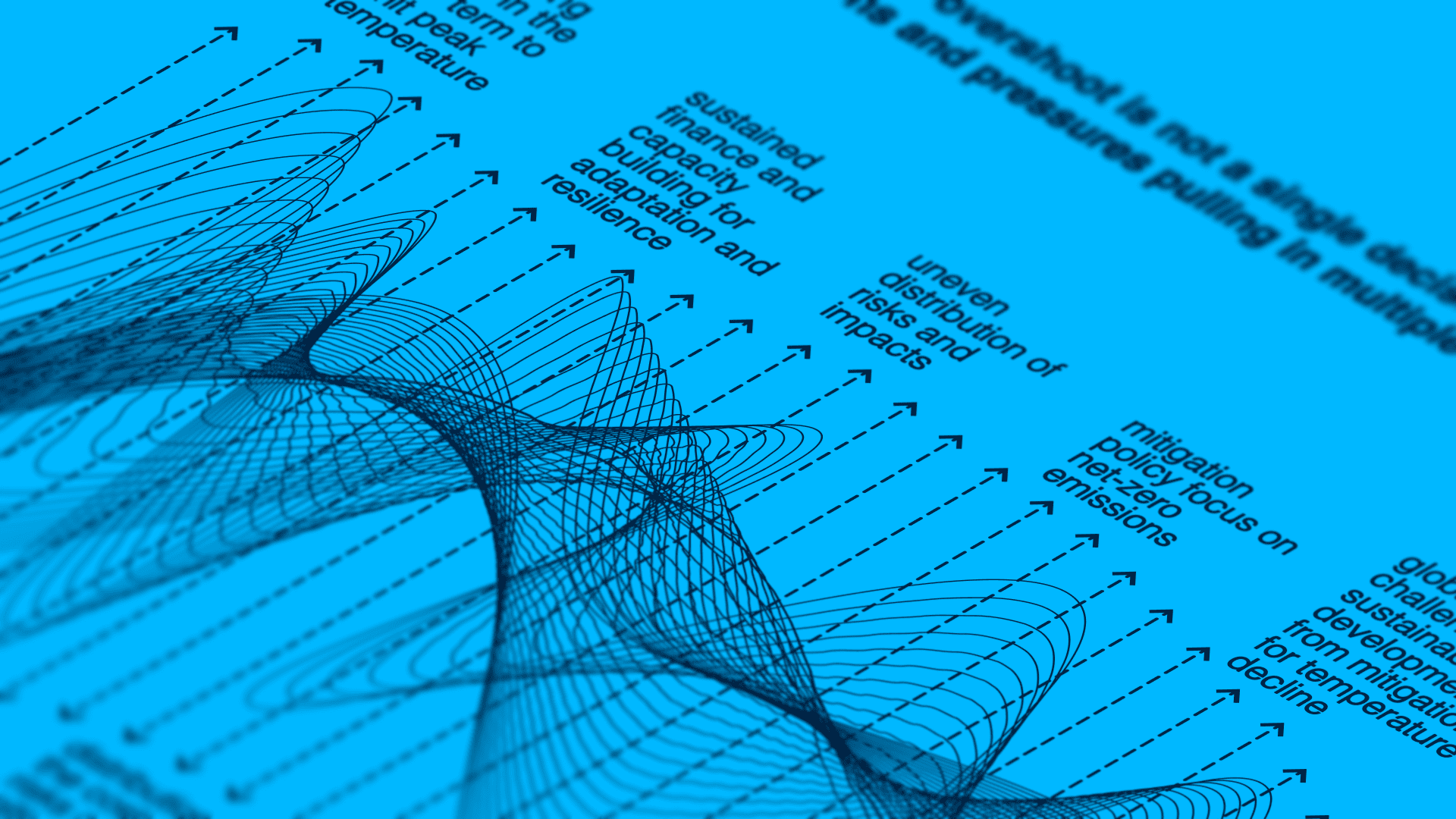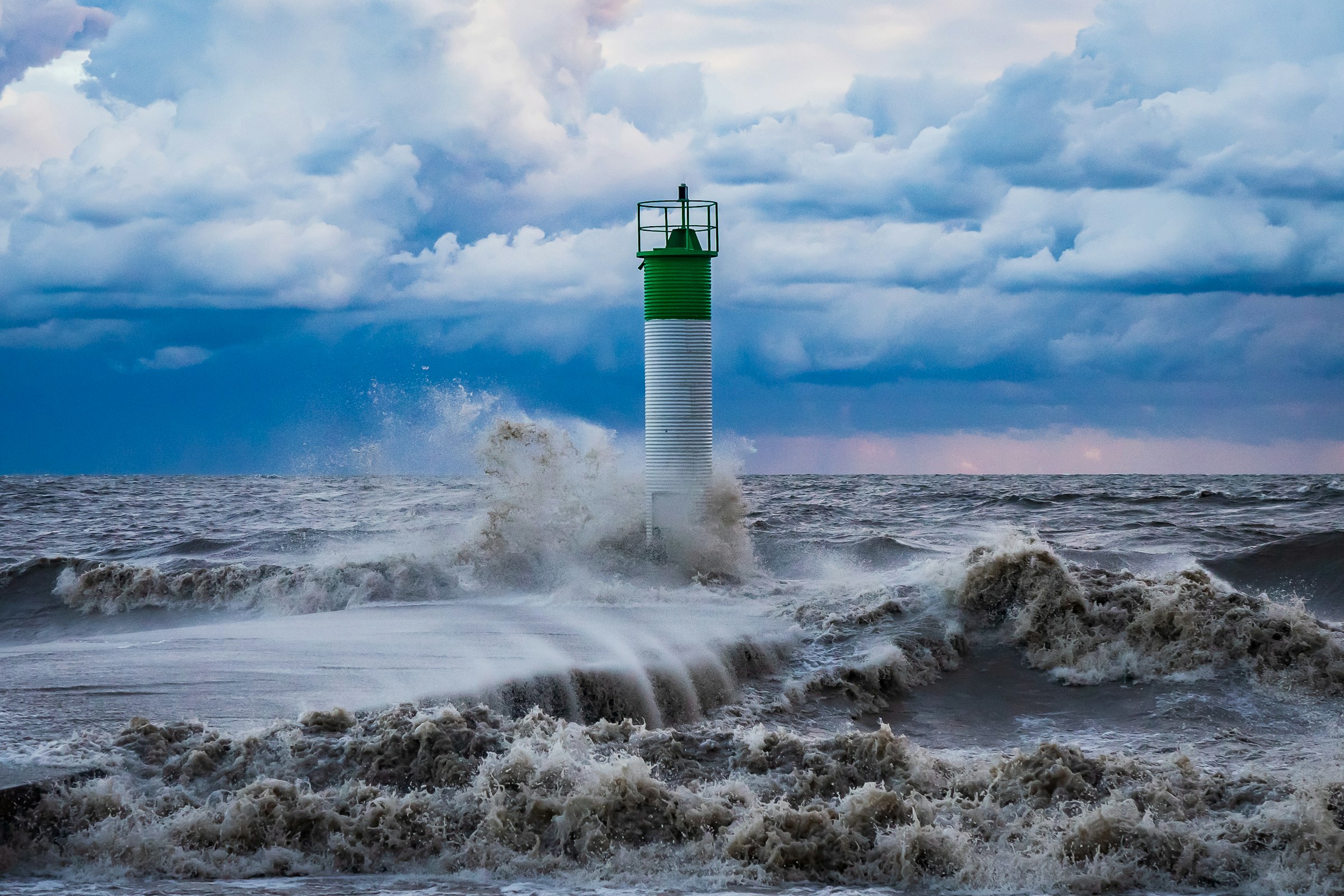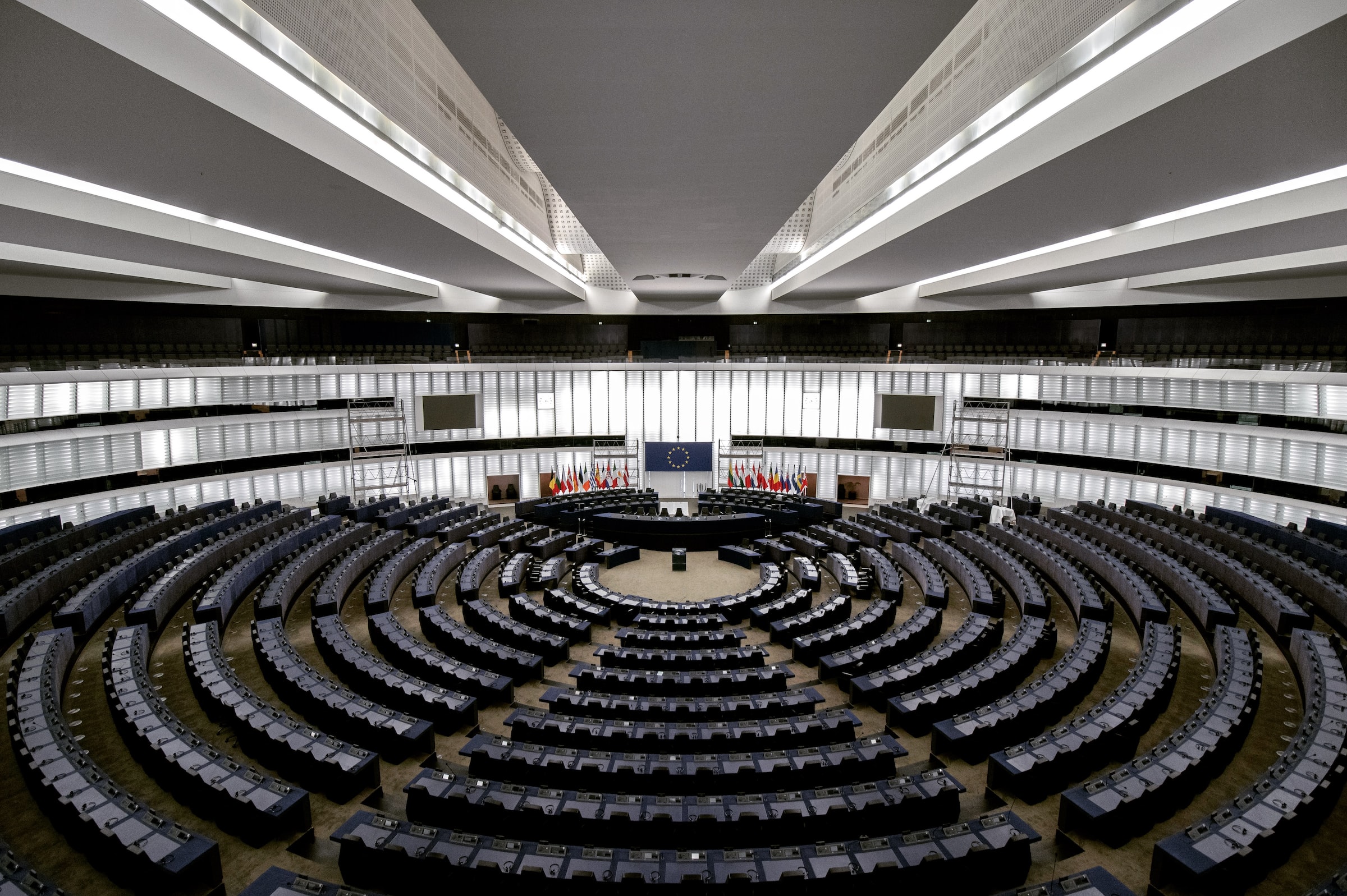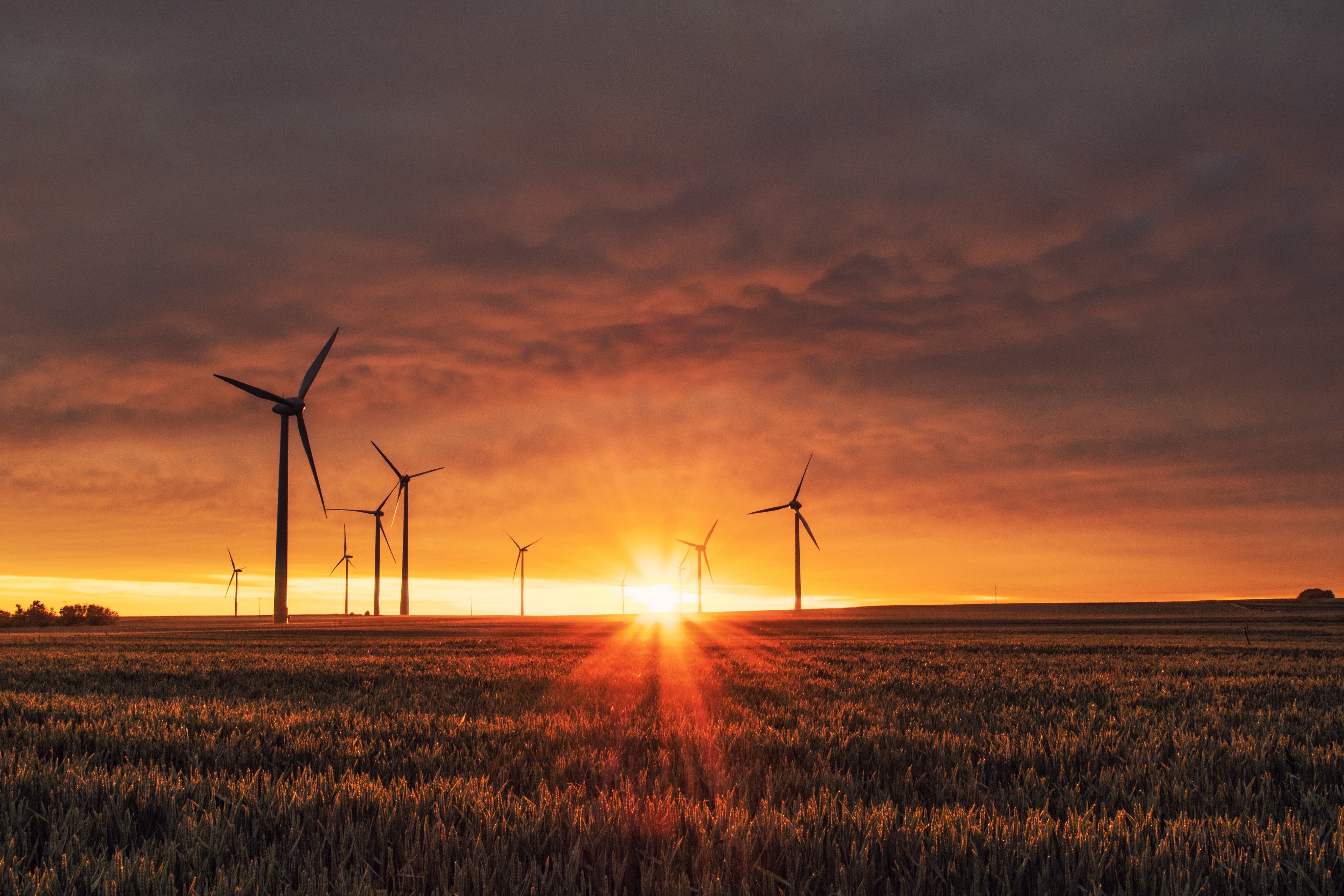The state of climate sciences today is shaped by the evolution of different scientific disciplines in history, a history written by the lives of people who dared to follow their ambitions to contribute to the understanding of nature and the human impact on the earth.
In many cases, ambitions are not enough to pursue a scientific career that is not equally accessible to everyone. Social barriers make it harder for someone to express themselves and write personal histories of success that allow science to advance for the benefit of humanity.
Writing a prosperous future for climate sciences and societies is also about allowing the best minds that are, for some reason, hindered from contributing to the advancement of science to be part of this evolution. And gender is still one of these reasons.
Gender equity is far from being realized across the research community. Recent studies highlight that at least part of the existing gap between the number of scientific works produced by women and by men in science is due to unacknowledged contributions, as women are less likely than men to be credited with authorship. Looking at the climate research community, the percentage of female core authors of the IPCC Assessment Reports has grown from 8% in 1990 to 33% in 2021. Things are changing. However, despite positive trends, there are still many challenges to face before reaching a fair representation and equal opportunities among genders.
Some women fight to defend their place in science. With their success, they not only contribute to knowledge advancement: with their determination and perseverance, they keep inspiring other people not to give up in front of the obstacles they might find along their career path. On the occasion of the International Day of Women and Girls in Science 2023, we asked CMCC researchers about the women scientists who most inspired them and their work.
“I have been fascinated by Rachel Carson since I was a BSc student. With her book ‘Silent Spring‘ she helped open the world’s eyes to the impact of the use of pollutants, carcinogenic in nature and for humans,” says Elisa Furlan, a researcher at the CMCC and Ca’Foscari University of Venice dealing with risk assessment and climate change adaptation strategies. “She contributed greatly to the enactment of environmental protection legislation in the early 1960s. I have always been amazed by the courage and dedication of this woman, who 60-70 years ago raised such a thorny issue, which is relevant today more than ever. When I teach at Ca’Foscari University of Venice I always refer to her and bring her experience to the attention of students.”
“The human race is challenged more than ever before to demonstrate our mastery, not over nature but of ourselves.”
Rachel Carson (1907 – 1964)
“Wangari Maathai was the first woman from East and Central Africa to take a doctorate (in biology), and the first female professor ever in Kenya, her home country. She is not exactly a ‘scientist’, but she was awarded the Nobel Peace Prize for her work on sustainable development, so she is certainly an inspiration to those working in the field” says CMCC researcher Marta Debolini, who works on agricultural and farming systems dynamics, land use change modelling, and adaptation of farming systems to climate change. Wangari Maathai was committed to the fight against deforestation as a method of tackling soil degradation and desertification and founded the first ‘green belt’ movement, a project that today is back in the news with the idea of a ‘Great Green Wall‘ in sub-Saharan Africa.
“I find at least two aspects of inspiration in her,” explains Debolini. “On the one hand, there is the idea of creating environmental projects from the bottom up, with the participation of the local population, and with the commitment to a ‘social ecology’ later on being theorized by successors, such as Vandana Shiva. On the other hand, I find inspiration from the strength and tenacity of someone coming from a disadvantaged context from a cultural and social point of view, who has managed to reach high levels by combining social and scientific commitment.”
“In a few decades, the relationship between the environment, resources and conflict may seem almost as obvious as the connection we see today between human rights, democracy and peace.”
Wangari Maathai (1940-2011)
“Going back in history, I would also mention Ada Lovelace,” adds Debolini, “who is considered to be the first computer programmer for the algorithms she developed, related to Charles Babbage’s Analytical Machine. What inspired me is the life of this woman: driven by a kind of tireless curiosity and thirst for knowledge, she dedicated her life to the study of mathematics and the functioning of complex machines, making her one of the first intellectual women scientists”.
“That brain of mine is something more than merely mortal; as time will show.”
Ada Lovelace (1815 – 1852)
Dorotea Iovino, leader of the research activities of the Ocean and Sea-Ice Modelling group at CMCC, among women who have made a difference in science looks with ‘immense respect’ at Sylvia Earle, pioneering marine biologist, oceanographer, National Geographic Explorer-in-Residence, lecturer, writer and, above all, a lover of ocean diving. “All is about the ocean in her life, discovering, studying, and experiencing the ocean in a thousand different ways. She did it through science but also by living immersive experiences unimaginable and unmanageable for most of us; she has believed in innovation and experimentation in science obtaining fantastic scientific results. She was the first female Chief Scientist of the National Oceanographic and Atmospheric Administration (NOAA). She has always fought against the prejudices of being a woman by doing a job mostly reserved for men, and she has always defeated them with her curiosity, her desire for discoveries that got the better of everything.”
“The best scientists and explorers have the attributes of kids! They ask questions and have a sense of wonder. They have curiosity. ‘Who, what, where, why, when, and how!’ They never stop asking questions, and I never stop asking questions, just like a five year old.”
Sylvia Earle
Social sciences, from economy to psychology, also play a crucial role in the comprehension of climate issues and in formulating solutions to address them. In her research, Silvia Pianta, Junior Researcher at CMCC-RFF EIEE, European Institute on Economics and the Environment, combines insights from political, social and behavioural sciences to investigate perceptions of environmental issues, climate policy preferences, and environmental policy making. She was hosted for a visiting period in Princeton during her PhD and inspired by Elke Weber, Professor of Psychology and Public Affairs. Weber deals with questions at the intersection of psychology, economics, engineering, and policy to understand decision-making under risk and uncertainty and for environmental and energy-related decisions with long time horizons. “Elke Weber is a great researcher, lead author of IPCC, and elected to the US National Academy of Sciences.” affirms Pianta. “What I found remarkable in her is that she is very supportive towards younger students and researchers and very inclusive, which I think is a combination that is unfortunately still quite rare in academia. Often, famous scientists in high positions prefer not to work with doctoral students who come from other universities. Instead, I had the opportunity to work with her on some research papers, which helped me feel more self-confident and empowered to do this job.”
“I believe that psychological theory needs to interface with social problems in a two-way dialogue, proving itself with constructive solutions in real-world settings and being enriched and constrained by those settings.”
Elke Weber
“I would say that Cynthia E. Rosenzweig most definitely inspired my career path” says Katie Johnson, a CMCC researcher focusing on the assessment of local and urban adaptation policies and practices. “After completing an MA in Climate and Society at Columbia University, I took a position as a Research Assistant in her group at the Center for Climate Systems Research to work on an Economic analysis of climate change impacts and adaptations in New York State. This was part of the larger Integrated assessment for effective climate change adaptation in New York State commissioned by the New York State Energy Research and Development Authority. Through this experience I realized that I wanted to continue down the path as a researcher and pursue a PhD.” An agronomist and climatologist, Cynthia E. Rosenzweig, Coordinating Lead or Lead author of three IPCC assessment reports, received the 2022 World Food Prize for her seminal contributions to understanding and predicting the impacts of the interaction between climate and food systems.
“I was inspired by Cynthia’s energy and genuine interest in her research, and motivated by her high standards for the quality of work produced within the group. Cynthia always seemed to know what she wanted to achieve and had a plan to get there. Despite the high expectations, she maintained a very supportive work environment – I was included, given responsibility and encouraged to contribute. Cynthia invested in the human side of working together, which taught me the importance of learning about and from one another, and building on each other’s strengths.”
Agriscience and the importance of the food system in the context of the climate issue are also at the core of Donatella Spano’s work. Together with the physicist and oceanographer Nadia Pinardi, she is a member of the CMCC Strategic Board. Pioneers in their respective scientific fields, these women are an inspiration for many early career researchers, at CMCC and beyond.
“From my classical studies in high school, I realized that, despite many difficulties, there were women in history who managed to succeed in the humanities. Instead some scientific disciplines were still closed to women, and agricultural science was among them” affirms Donatella Spano, Professor of Agricultural Sciences at the University of Sassari. “Applied sciences responded very well to my desire to solve concrete problems, and this emerging and very important sector I was interested in was meant to tackle growing issues linked to food and nutrition. Yet, from academia to business, it was a male-dominated sector. Choosing a research career in agriscience was a big challenge for me: I made a bet with myself, inspired by women of other scientific fields and humanistic disciplines.” In 2021, Spano was awarded the prize “Donna di scienza” (Woman of Science) for the important contribution her outstanding research has made to the advancement of climate sciences at an international level, and for her commitment to the dissemination of scientific knowledge and environmental protection.
Nadia Pinardi, Professor of Oceanography at the University of Bologna, is one of the very first women at an international level to succeed in the field of oceanography. She goes back to the memories of scientific high school to recall a woman who, crossing her path, made a difference for her: “I wanted to study physics with the ambition that this would benefit society, and that physicists could solve humanity’s problems. My teacher Giovanna De Sabbata (now more than 90 years old), in the laboratory, used to connect the teaching of physics with the teaching of social justice and integration. She used to tell us that understanding physics would broaden people’s views and help the most vulnerable. Nowadays, you would say that physics could help inclusion and ‘just’ or ‘fair’ knowledge.” Following this path, she contributed to the European landscape of ocean forecasting more than anyone and for her achievements, included the role of Vice-president of the Commission for Observation, Infrastructure and Information Systems of WMO, in 2015 she received the Honour “Commendatore Ordine al merito della Repubblica italiana”, the highest-ranking honour of the Italian Republic.
These and many other success stories of women in science have the power to shorten, step after step, the road to more inclusive, just, equal and fair societies.






